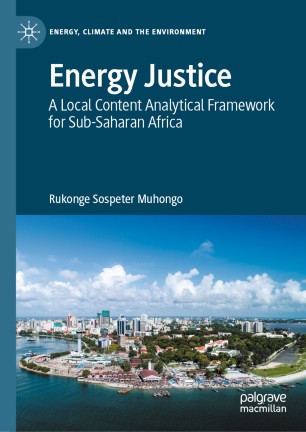

Most ebook files are in PDF format, so you can easily read them using various software such as Foxit Reader or directly on the Google Chrome browser.
Some ebook files are released by publishers in other formats such as .awz, .mobi, .epub, .fb2, etc. You may need to install specific software to read these formats on mobile/PC, such as Calibre.
Please read the tutorial at this link: https://ebookbell.com/faq
We offer FREE conversion to the popular formats you request; however, this may take some time. Therefore, right after payment, please email us, and we will try to provide the service as quickly as possible.
For some exceptional file formats or broken links (if any), please refrain from opening any disputes. Instead, email us first, and we will try to assist within a maximum of 6 hours.
EbookBell Team

4.0
16 reviewsThis book explores local content policies and their role in natural resource management within the realm of energy justice. Based on several country case studies it discusses the role of regional integration for such policies in Sub-Saharan Africa. Energy justice has been widely applied across different aspects of development, but here the principles of justice are specifically integrated with the management and implementation of oil and gas projects. Such an analysis offers novel means of implementing policies in local regions, moving away from a one-size fits all approach that leads to the ineffective transplantation of policies from developed economies to developing Sub-Saharan economies.
The book argues that with a regional approach, Sub-Saharan Africa can leverage natural resources, industrial parks, supplier clusters, regional financing mechanisms and regional training facilities which would drive down the costs of production, increase efficiency and integrate the local Sub-Saharan population into the oil and gas industry. This would result in the benefits as well as the environmental concerns and responsibilities intrinsic to these industries, being spread more equally amongst local and none local stakeholders.
This book will be a valuable resource for scholars and students as well as policy makers and practitioners in the areas of extractive industry-related disciplines energy governance, and economic development in Africa.